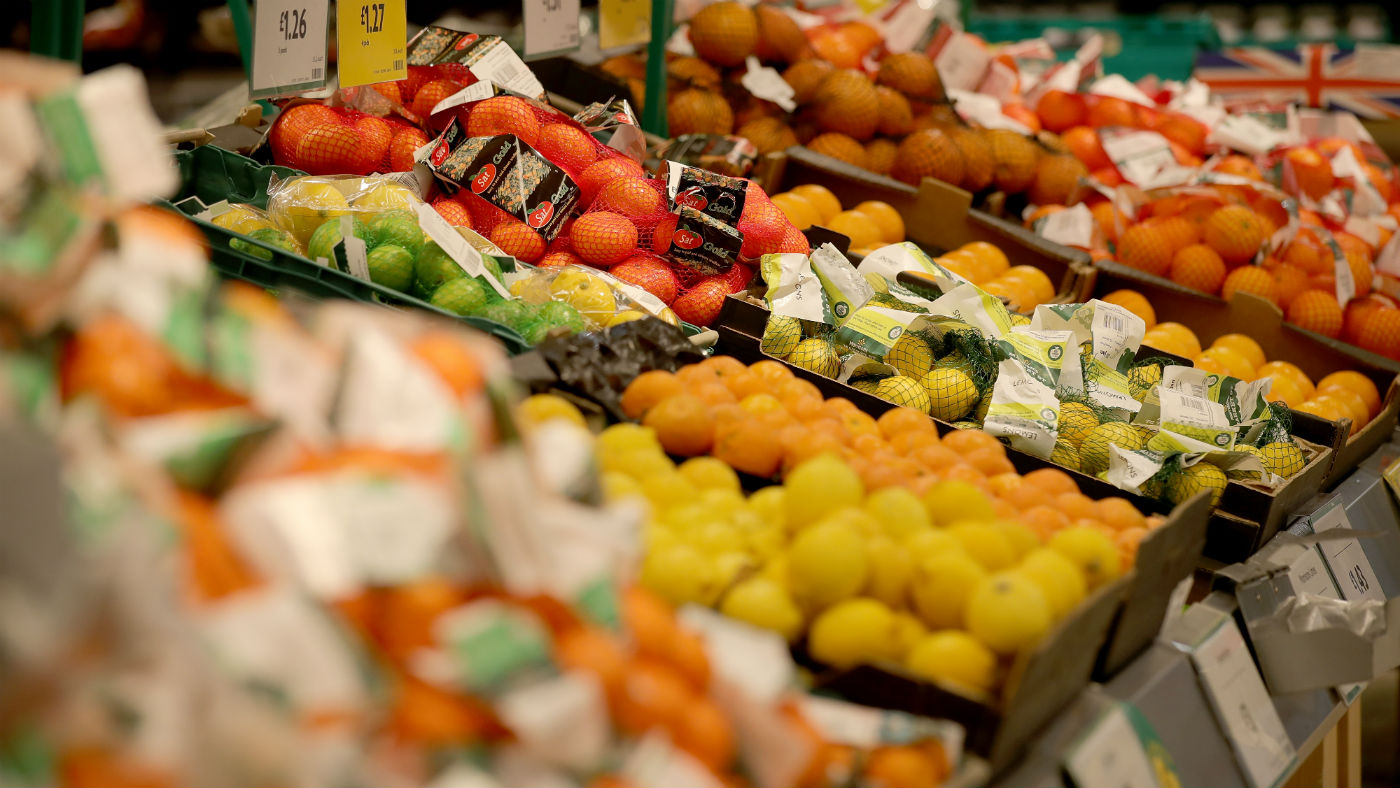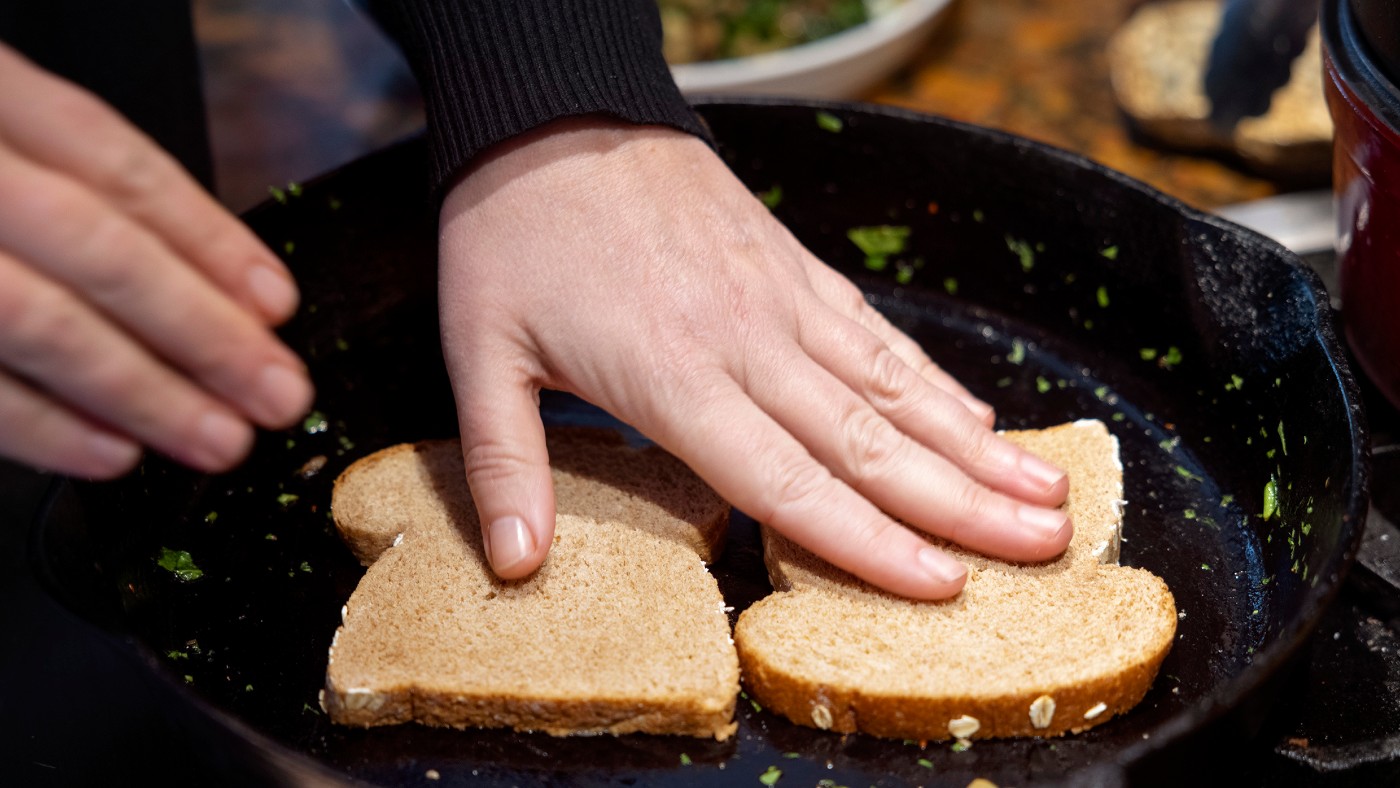Supermarket 'fake farms' to look out for
Morrisons pledges to use real placenames only for produce and meat

A free daily email with the biggest news stories of the day – and the best features from TheWeek.com
You are now subscribed
Your newsletter sign-up was successful
Morrisons has come out against the common supermarket practice of selling fresh fruit, vegetables, meat and fish under the name of an invented farm, saying it will never use "fake farm" brands.
The supermarket made the decision after a consumer survey revealed that 70 per cent of British shoppers believe supermarkets should not use fake place-names or locations in their branding. Some of Morrisons' competitors sell products labelled with non-existent place names including Wood Farm, Birchwood Farm and Bay Fishmongers.
National Farmers' Union (NFU) deputy president Minette Batters said the organisation welcomed the announcement. "In our view it is important that product names and descriptions on packaging are clear, accurate and do not mislead consumers," she said.
The Week
Escape your echo chamber. Get the facts behind the news, plus analysis from multiple perspectives.

Sign up for The Week's Free Newsletters
From our morning news briefing to a weekly Good News Newsletter, get the best of The Week delivered directly to your inbox.
From our morning news briefing to a weekly Good News Newsletter, get the best of The Week delivered directly to your inbox.
Farmers say the practice of using a made-up farm as a namesake often obscures the true provenance of the food item by conjuring up an image of a traditional local farmstead.
"The faux brand names have a distinctive and very British bucolic ring to them," write David Hughes and Miguel Flavian in Produce Business, when the produce or meat might have been raised thousands of miles away and in a far from idyllic industrial setting.
It's not an outright deception - after all, the country of origin is always displayed on the label. But "what harassed shoppers see on the shelves are comforting British rural images and the clearly marked 'Produce of Spain' is lost in the cacophony of background shopping noise and activity".
Retailers have come under increasing pressure to drop the tactic - last July, the NFU filed an official complaint with Trading Standards - but the non-existent farm remains a staple of supermarket shelves:
A free daily email with the biggest news stories of the day – and the best features from TheWeek.com
Tesco: The undisputed king of the imaginary agriculturalists, Britain's biggest supermarket uses eight "farm" brands, including Willow Farms, Redmere Farms and Bay Fishmongers.
The NFU has repeatedly criticised Tesco's fictitious farms, but the supermarket maintains that the brand names reflect their close working relationship with small and large farms that supply its meat, fruit and vegetables.
Asda: As part of a plan to phase out the discount Smart Price brand, Asda rebranded its everyday produce as "Farm Stores", a brand name it had previously used until 2001. The reintroduction prompted blowback from farmers, but the range remains on the shelves.
Aldi: One of the earliest adopters of the "fake farms" trend, earlier this year the German uber-discount chain bowed to pressure and rebadged its Wood Farm range as the more neutral Nature's Pick, The Guardian reports.
Lidl: In England and Wales, Lidl's fresh meat is sold as Birchwood Farm, while just over the border in Scotland, the same products appear under the more Hibernian label Strathvale Farm. However, unlike some of its "fake farm" rivals, all of the chain's meat comes from British suppliers.
Marks and Spencer: The upmarket retailer sells "Lochmuir" Scottish smoked salmon and "Oakham" chicken - neither of them real places. In 2006, an M&S spokesman told The Scotsman that the Lochmuir label was "chosen by a panel of consumers because it had the most Scottish resonance".
-
 What is the endgame in the DHS shutdown?
What is the endgame in the DHS shutdown?Today’s Big Question Democrats want to rein in ICE’s immigration crackdown
-
 ‘Poor time management isn’t just an inconvenience’
‘Poor time management isn’t just an inconvenience’Instant Opinion Opinion, comment and editorials of the day
-
 Bad Bunny’s Super Bowl: A win for unity
Bad Bunny’s Super Bowl: A win for unityFeature The global superstar's halftime show was a celebration for everyone to enjoy
